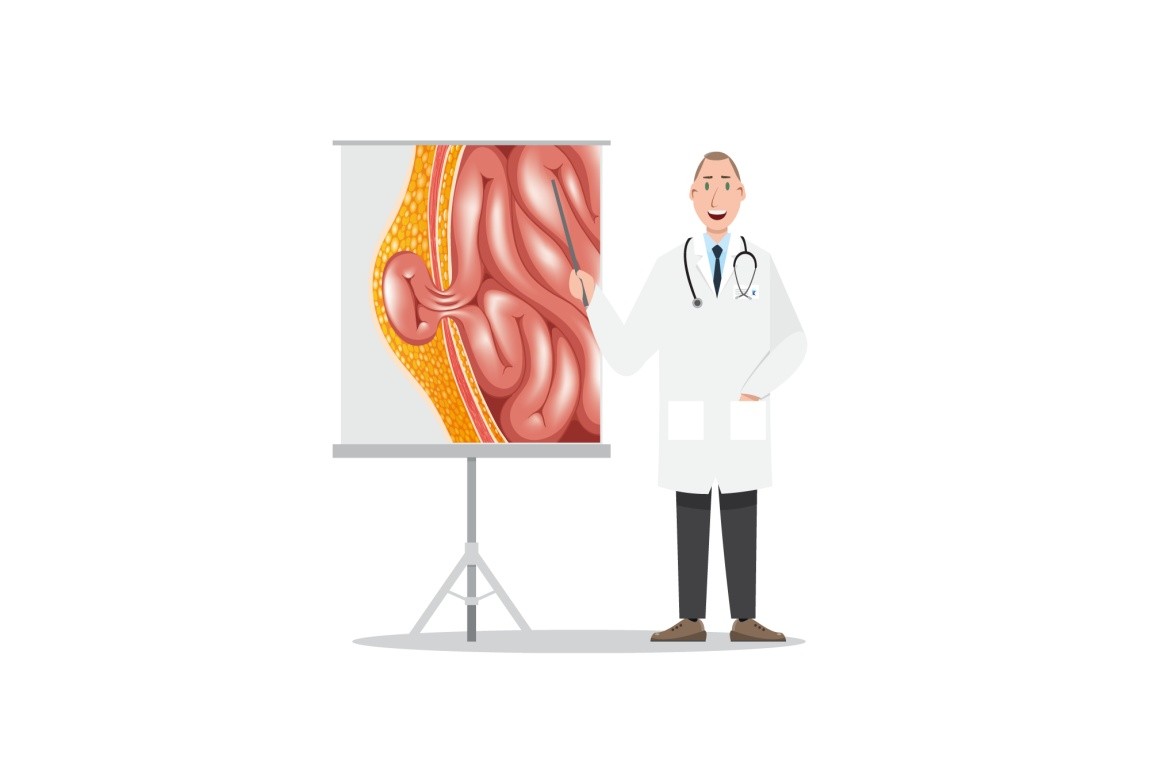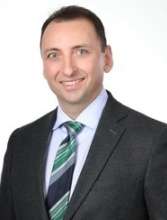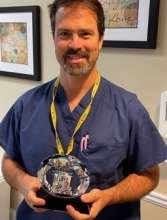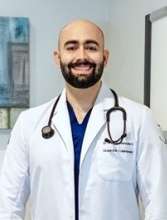Hernias are a very common condition, with approximately 20 million operations performed worldwide each year. Studies show that around 30% of individuals will experience some form of abdominal or inguinal hernia at some point in their lives. Although hernias can appear in people who lift heavy objects or in pregnancy, other causes may also exist. Some authorities claim that a predisposing factor called herniosis makes certain individuals more susceptible to developing hernias. Although not widely accepted, this theory explains why some people are more predisposed to developing hernias.
The abdominal wall consists of several layers of tissue with distinct roles. Muscle provides strength and mobility, while the fascia, a white layer of tissue covering and connecting muscles, provides support and ensures the abdominal wall’s integrity. The fascia is critical for maintaining the abdomen’s contents in place, as concrete is essential for a building’s solidity. However, patients with herniosis lack strong collagen (Type 1) to provide a robust extracellular matrix, resulting in a weaker fascia that is more prone to tearing and hernia development.
Several factors may lead to developing hernias in certain individuals with predisposing fascial weakness. These include previous surgery resulting in poor scarring of the weakened fascia, and chronic inflammatory states such as obesity and diabetes. Furthermore, herniosis may be inherited genetically, making individuals with a family history of hernias more prone to developing them. However, knowledge of hernia susceptibility can encourage individuals to adopt a healthier lifestyle by maintaining a healthy weight, controlling diabetes and other chronic conditions, and exercising responsibly.
Should a hernia develop, it is advisable to consult a hernia specialist who can provide a safe, durable, and reliable hernia repair to facilitate a speedy recovery.





